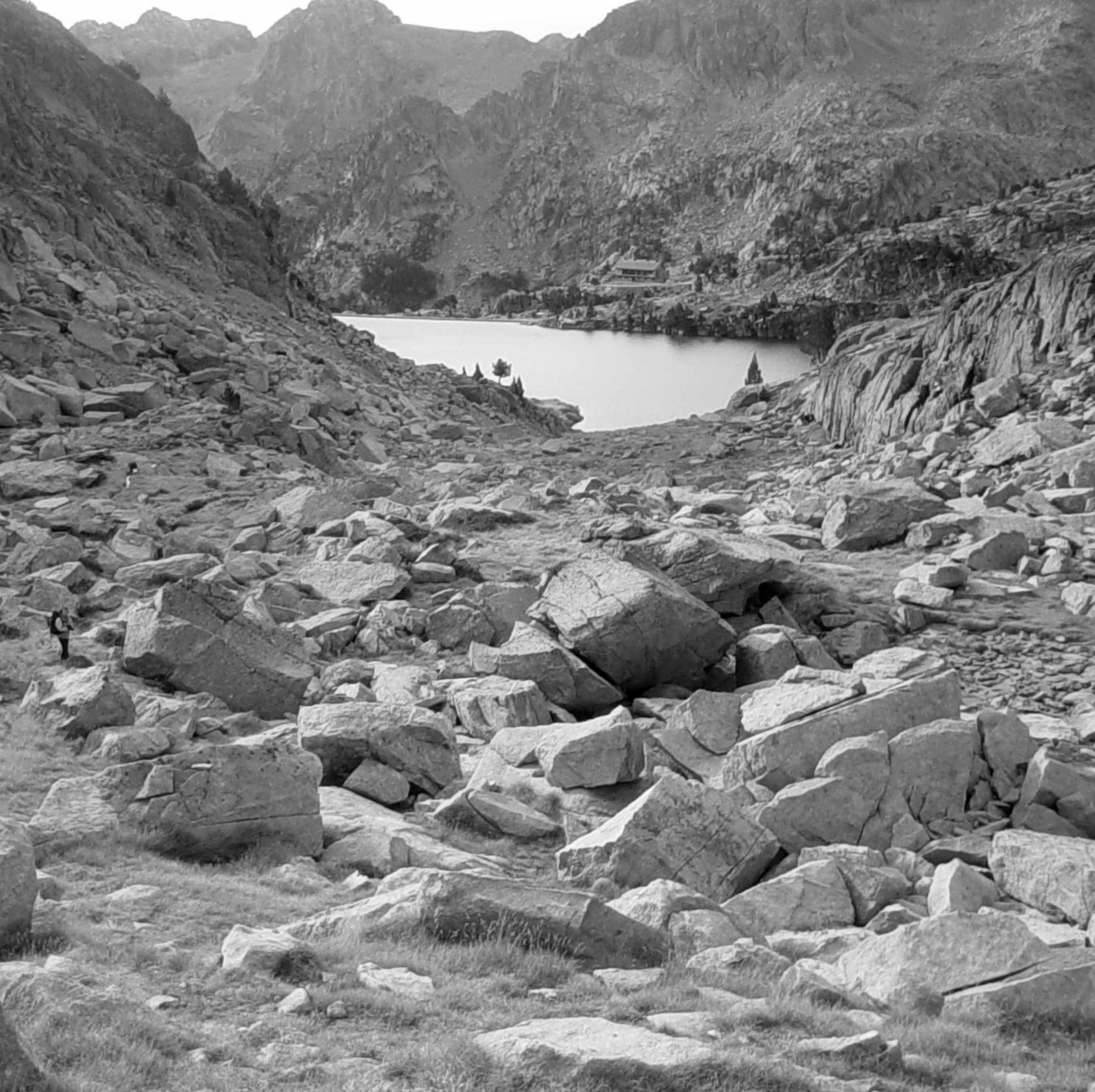Hold on, you’re not an environmental scientist? Then it’s worth reading a note on what that involves:
Environmental scientists (at least as studied at the Autonomous University of Barcelona in early 2000s) know about virtually everything environmental and sustainable, both social and physical. We studied (throughout 4-5 years) thermodynamics, water and waste chemistry, botany, chemical engineering, microbiology and genetics, zoology and physiology, GIS, radiation physics, soil science and conservation, geology, ecology, ecological modelling and biogeography, among others. This includes + 200 hours of lab and field practicals, including measuring radioactivity, erosion and biodiversity, growing bacteria, etc.
To this, add the study of the principles of social disciplines such as economics, law, geography, sociology and political science, and of specialised subfields like ecological and environmental economics, political ecology, global environmental change, urban and rural land planning and management, environmental law, and international environmental institutions. On top, add subjects specific to environmental studies such as environmental impact evaluation (both physical and social). We know about ecosystem services, resilience, or externalities, of course!
As a result, with such an environmental scientist, you can discuss your subject without fear of sounding non-intelligible. We are not like someone in your specific field, but we will understand the essentials and your language, and will engage with a broadest, insightful perspective.

